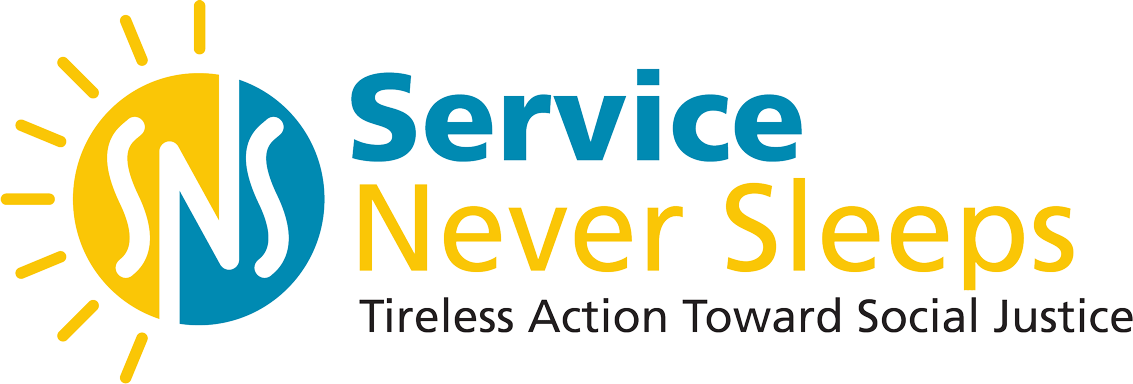I am writing this message as a Black woman.
I came off a solemn but restful Memorial Day weekend to news of the blatant and brutal reminders of anti-Blackness racism—a reality that has, in many ways, shaped my entire life in this Black body. I watched with aggravation, the video of a white woman weaponizing her ability to call the police on an African American man in Central Park. Her tone made clear that she knew such actions carried high threat.
And then, I heard about George Floyd.
As I gathered information about his brutal killing at the hands of police, I simultaneously tried to avoid the traumatizing video that captured it. However, my attempts proved futile amidst the inundation of social media posts and news coverage. His cries, “I can’t breathe,” triggered traumatic memories of Eric Garner desperately uttering the same words before his death just six years prior.
I have been wrestling with so many feelings, mirrored by similar reactions from Black family members, friends, and community at large. I feel deep sadness at the loss of yet another beautiful life.
I feel deep anger about the criminalization of the Black body that has led to so much hurt and death, and has also been leveraged as a form of power by some white people. I feel disgust towards comments that defend such deplorable behavior by suggesting a “different side to the story,” victimizing the offenders, condemning Black people for our rightful reactions of anger, and denying larger systemic implications of anti-Blackness racism. I feel frustration as I hear well-meaning people suggest that these behaviors come from “bad apples,” rather than doing the self-examination to understand the systemic nature of racism from which they are not exempt.
I feel anxiety as I brace myself for the inevitability of another precious Black life cut short in the future, and fear as I wonder whether a loved one or I will be next. I fight hopelessness as I see history on repeat from centuries ago, decades ago, years ago, and even weeks ago as I still mourn the recent senseless deaths of Ahmaud Arbery and Breonna Taylor.
And, I feel tired…tired of carrying the weight of all of this, tired of the constant trauma, and tired of the energy that I must expend to explain (and often prove) truths that seem obvious. That Black Lives Matter.
It is challenging to integrate my feelings as a Black woman with my responsibilities as the leader of this organization. I often find myself drawing a line between “activist-Whitney” and “Service Never Sleeps-Whitney,” when it comes to what I say and how I say it. I find myself asking:
– Must I repeat something over and over again, even at the expense of my own emotional health?
– Should I water down my language for the sake of a more palatable reception, even at the expense of my truth?
– Will we lose supporters if I speak my truth?
– Will it even make a difference?
Admittedly, at times, I have remained silent for the sake of preservation from the literal trauma that comes from sharing honestly. However, this time, I am speaking up:
– I am speaking up because enough is enough. I am screaming in concert with many Black voices who are doing the same. We must be heard.
– I am speaking up because I understand the value of proximity. Our two organizational leaders are Black, and we are directly impacted by the daily toll of anti-Blackness racism. We believe in this work and it is personal. We show up to do this work despite its personal toll. We hope that this direct articulation of pain and conviction moves people to action.
– I am speaking up even though some people may respond negatively to this honesty. Racial justice often comes at the price of lost support. However, we have also experienced that despite such loss, we often gain allies with deeper commitment.
– I am speaking up because this is what our organization does. We engage allies. Instead of the more diluted message of dispersing a “tool kit” in response to the news headlines, our larger calling is for Allyship to be employed as a way of life. Allyship means centering the hard truths from those who are directly impacted, and leveraging that as the basis to drive effective action.
– I am speaking up because I have hope as I see Black people showing courage, strength, and demanding justice; as I see allies condemning racism, taking action, and recognizing the importance of both self-work and engaging others in these important conversations.
I cling to this hope as we continue this difficult work. I have seen the power of calls for justice through institutional and personal transformation. It begins with acknowledging hard truths, and taking action accordingly. May we proceed today with a posture of both compassion and conviction, demanding change that is 400-plus years overdue.
In perseverance,
Whitney Parnell
CEO & Co-Founder
Service Never Sleeps
